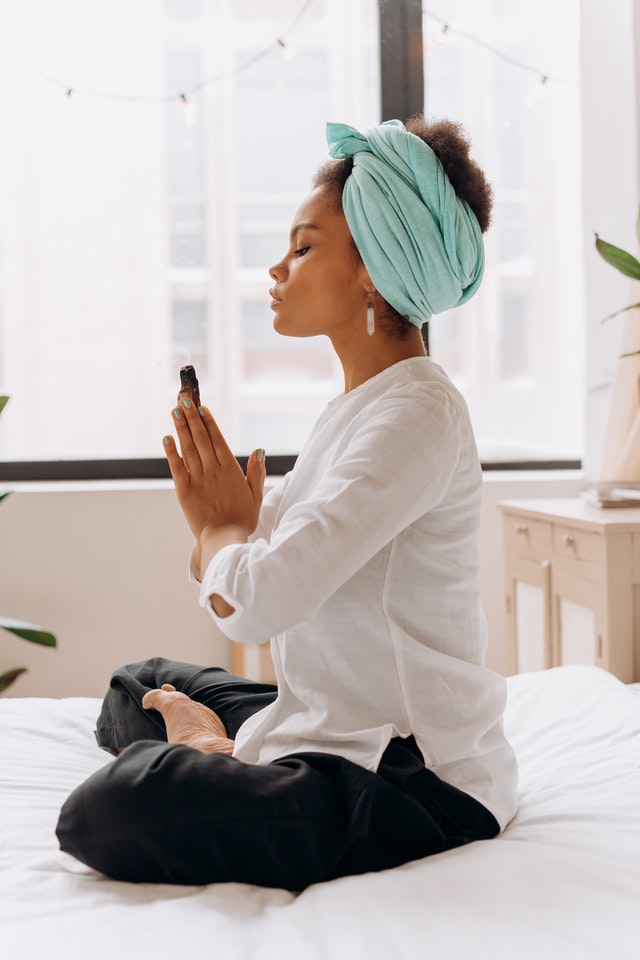How to breathe properly: tips and exercises

- Breathing is as natural as walking. Most likely, you do not even notice how you breathe, and the work of your brain, digestion, nervous system, muscles and even the structure of your face depends on it. The importance of breathing is even reflected in stable expressions:
It’s easy to breathe, right? But we rarely do it right. When the lights in your apartment go out and you’re scared, or when your boss calls you into the office and you’re nervous, you start holding your breath. Track how you breathe right now? Through the mouth, through the nose? Belly or chest? Remember, we’ll come back to this below.
Due to improper breathing, the nervous system is imbalanced: you get irritated and distracted faster. The blood vessels constrict, which raises blood pressure and makes the heart work harder, the cells receive less oxygen and switch the body to survival mode, not development. And our body uses oxygen in full: the brain needs 20% of the oxygen consumed for normal functioning, and the heart makes about 100,000 beats per day, imagine how much air it needs.
How to breathe correctly?
Fortunately, changing your breathing habits isn’t that difficult. You probably already know that deep breaths in and out are the best things for your body. They help you calm down if you are irritated or stressed.
Breathing in the belly is natural and relaxing. Basically, you breathe in the lower abdomen, while maintaining an even posture (when you inhale, your belly inflates, when you exhale, it deflates). This stimulates the lower lobes of the lungs, where the nerves for a sense of calm are located. ”
Breathe through your nose
If you breathe frequently through your mouth, you are bringing dirty, damp, and cold air full of bacteria into your lungs. The cilia of the epithelium in the nose purify the air, and the blood vessels warm it up to the desired temperature. If you haven’t breathed through your nose on a consistent basis for a long time, it may be difficult at first: your nasal passages have narrowed. It will take a couple of days to expand.
Breathe through your diaphragm
Or belly. For good breathing, 70-80% of your breaths must be in the diaphragm, then it will become deep and slow. The diaphragm massages your internal organs cleanses the bottom of the lungs of accumulated toxins, relieves pressure on the chest and heart, helps the intestines, and relieves tension from the shoulders. Yes, yes, it all works great if you just breathe right.
Breathe relaxed
No matter what you do, you will do better if you are relaxed. We have already said that stress practically deprives you of breathing, which means that it reduces the supply of oxygen to the brain, you cannot work and you strain even more. This circle can be broken by returning thoughts to the breath.
If you feel tense, nervous, and unable to meet deadlines, take exactly one minute to breathe. Break the cycle into five seconds: five seconds per inhalation, hold after inhalation, exhale, and hold after exhalation.
The next level of correct breathing is meditation. But you don’t have to start with it. Just try to notice how you are breathing right now when you ride the subway, do your job, rush out on a date or go home after a hard day.